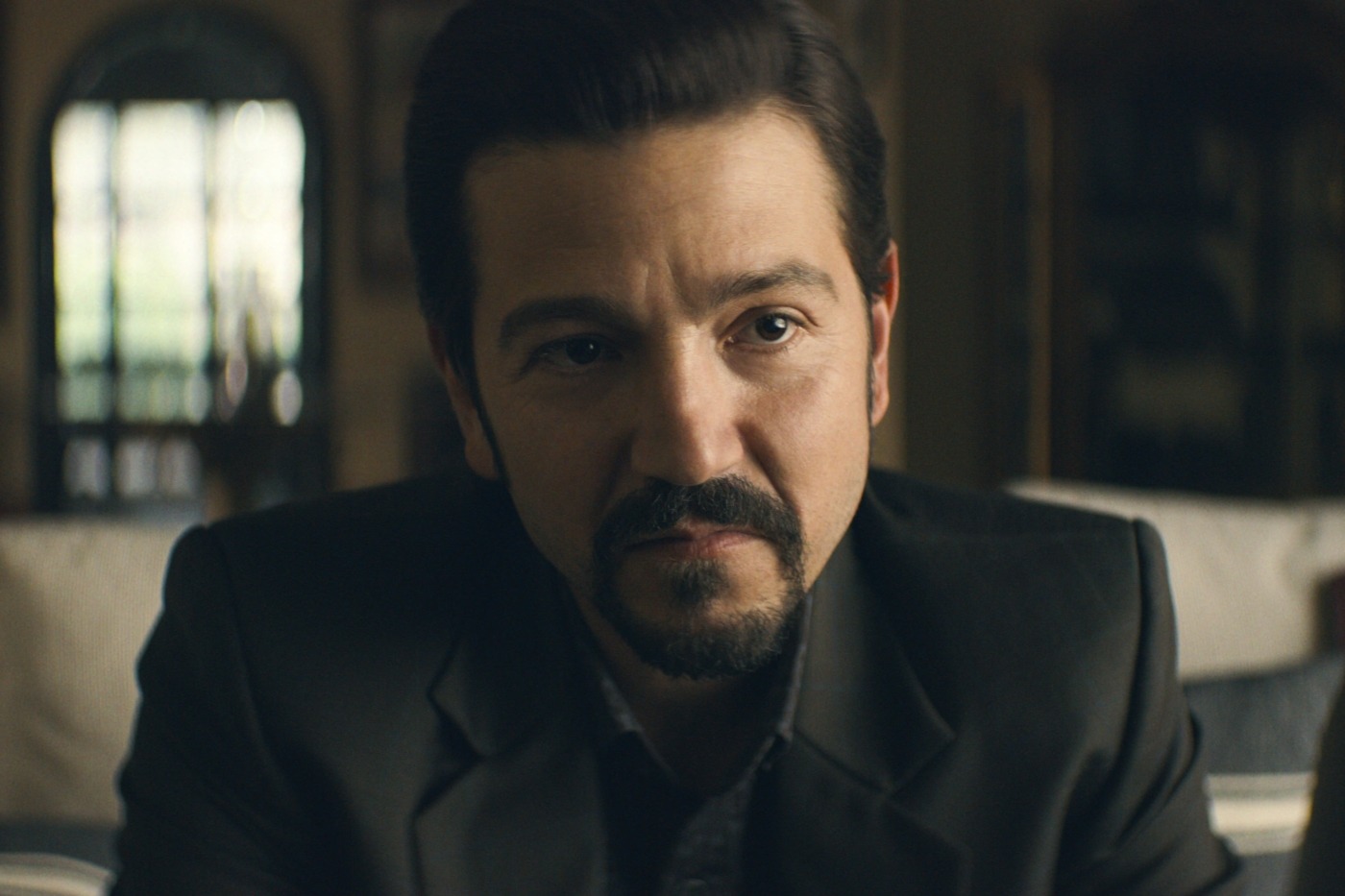‘Narcos: Mexico’ season 2: explosive, thrilling and heavily political
The latest season in Netflix’s Narcos franchise, which explores the rise of the drug cartels in the South American countries of Columbia and Mexico, is explosive, thrilling and heavily political. As a huge South American history lover, I adored the original Narcos, which focused on the rise and fall of Pablo Escobar in the Columbian drug trade and the subsequent takeover by the Cali cartel. When I found out they were making a new series dedicated to the drug trade in Mexico, I was overjoyed. The first season of Narcos: Mexico was incredible – I loved it so much more than the original series and I found it even more thrilling.
Season two picks up where the first season left off after the heart-breaking death of DEA agent Enrique Camarena at the hands of drug lord and leader of the Guadalajara Cartel Miguel Ángel Félix Gallardo. I was already fascinated by the Camarena murder and its consequences on US drug policy towards Mexico, but even though I knew what was coming, it still kept me glued to the screen. This season, Félix Gallardo struggles to maintain the plaza system he has created, watching over several cartels in control of different states and before eventually being betrayed by them and arrested. I loved the character of Félix Gallardo and I think that Diego Luna does a great job of playing such a complex and infamous person. I also particularly appreciated Walt Breslin’s narration of this season. I preferred him as a character and narrator to Steve Murphy and Javier Peña from the original Narcos.
I was already fascinated by the Camarena murder and its consequences on US drug policy towards Mexico, but even though I knew what was coming, it still kept me glued to the screen
The moment when I realised that they had started to include El Chapo in this season, I was so happy. I am incredibly interested in him as a figure and I would imagine that the next season will follow his rise to fame as a drug lord even more. I can’t wait.
Having taken a Mexican history module this year, the political focus of the second season of Narcos: Mexico was everything I wanted and more. Being able to visualise the election-rigging and cartel influence in the infamous 1988 Mexican election was especially enlightening and I appreciated the nod to several key political events in Mexican history like the earthquake, the discussion of the PRI party and the public backlash after revelations that the president and his brother killed their maid as young boys. This scene was difficult to watch, as is most of the violence in Narcos, but I couldn’t believe they included it after I had studied it in my lecture just a week before.
I am aware that Pablo Acosta was a drug kingpin who probably caused the deaths of hundreds if not thousands of people, but I couldn’t help but shed a tear when he was killed
Something I really adored about this season was the storyline that followed drug smuggler Pablo Acosta toward the end of his life. Despite finding out in my Mexico seminar last week that most of this was exaggerated, I still loved the portrayal of him and find him fascinating. I also loved the way that they portrayed the relationship between Mimi and Pablo and I really came to admire him as a character. I am aware that he was a drug kingpin who probably caused the deaths of hundreds if not thousands of people, but I couldn’t help but shed a tear when he was killed by the corrupt Mexican Federal Police under the shifty figure of Calderoni.
For anyone who hasn’t studied Mexican politics and history or doesn’t have a basic knowledge of what is going on, I can understand how Narcos: Mexico, particularly this season, may be difficult to grasp or follow. However, a simple google would provide the background and brief explanation of what is happening. The subtitles are easy to follow and there really is no excuse for not watching a programme just because it is in a different language. However, there are so many characters and different cartels that it can be difficult to remember who’s who, who is allied and who is feuding, and this confusion is probably the weakest aspect of the show.
The subtitles are easy to follow and there really is no excuse for not watching a programme just because it is in a different language
I didn’t think this season had as much graphic violence as previous seasons, but it is something to bear in mind if you want to start watching it. The drug war is incredibly violent by nature, so it is expected that Narcos has graphic scenes of torture and violence. In my opinion, they are all at least necessary for the story and not just violence for the sake of it.
This season of Narcos: Mexico has been my absolute favourite. I would recommend it to anyone, whether you like historical and political programmes, are interested in the drug war and US policy in Mexico or whether you want something interesting and cool to watch. The show has a lot of important things to say about the drug war and US intervention in South America.

Comments